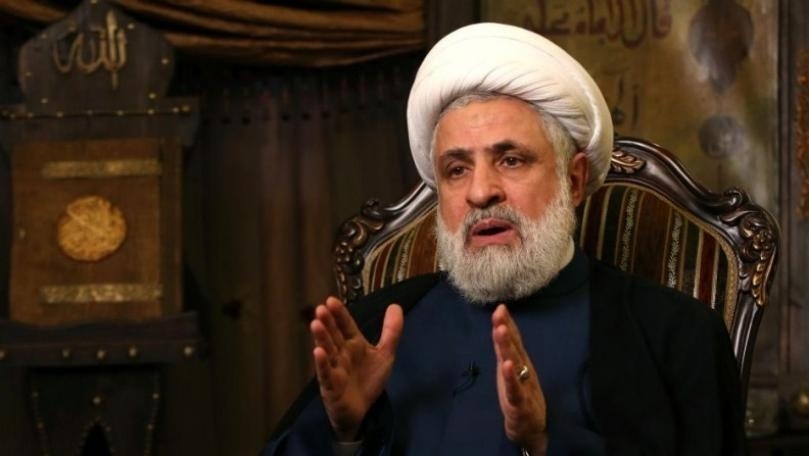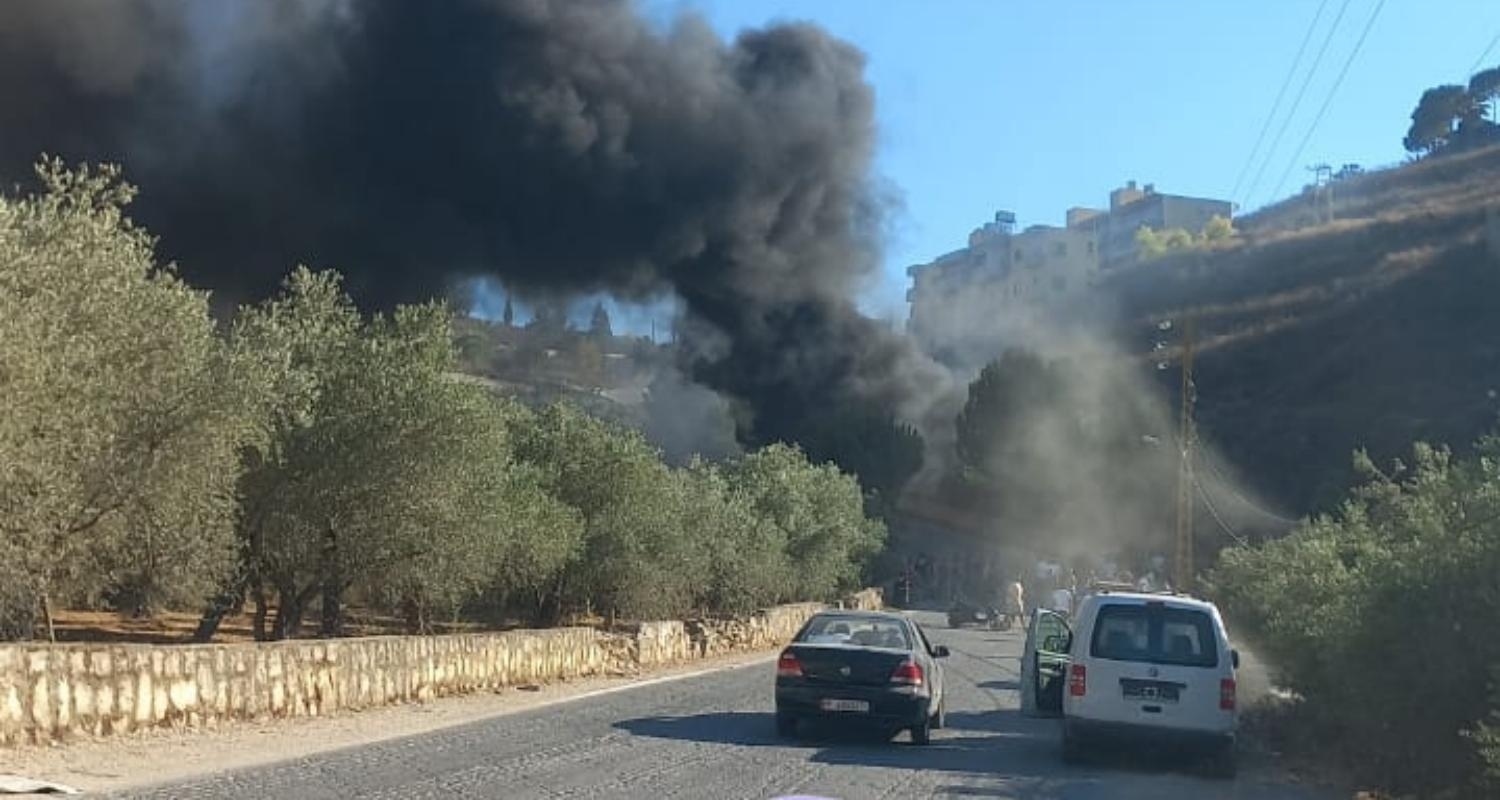Yassir Morsi
The Guardian
In the last two days we have seen an eruption of Australia’s public and moral outrage, regarding Hizb ut-Tahrir’s media spokesman, Uthman Badar, and his planned talk on morally justifying "honour" killings at Sydney’s Festival of Dangerous Ideas. In response to the planned event, which was cancelled after a massive backlash, we have yet again heard the typical Islamophobes scream the usual condemnation all over our televisions, our radios, our Twitter feeds and in The Daily Telegraph: “Kick Hizbut Outta Here.”
"Honour" killings are hideous crimes often targeting the most marginalised and least protected in society and in that sense – only in that sense – "honour" killings have something in common with racism. They scapegoat and punish a marginalised figure – a woman, or an immigrant – who has little to no power to defend themselves; a figure who is sacrificed to maintain a society's borders, like a family does its honour, against foreigners who threaten to corrupt its own narrated sense of purity.
There is of course no moral equivocation between the horrors of "honour" killing and the social backlash for choosing a stupid and insensitive title for a public talk. The two are not the same and should not be spoken of as the same, but there is a point to be made about them both sharing a sense of preserving the cleanliness of a space through “ritualised” acts of eradicating the "defilement": the woman who "defiles" the family’s purity, or the Muslim who "defiles" that of the nation.
It is not surprising, or new, that for so many concerned Australians their response to Badar’s talk was to not only call for the cancelling of the talk but to cancel Badar himself, to exile him "back to where he came from". These media bouts of talking about Muslim “extremists” are rituals. They come every now and then, from the Cronulla riots to the Sydney protests, and are always headlined by calls to eradicate the abject element to protect the borders of the country.
Badar was invited to speak on the topic of "honour" killings. He did not choose the title by himself, as he confessed in his press conference. He consented, wanted, in typical Hizb ut-Tahrir fashion, to stand tough, shock all, exploit the attention, and stare back at the west – only to disappoint by stating the typical argument everybody already knows: that the west has double standards.
Ironically, Badar wanted to give a talk at the Opera House on how Muslims are always represented as the "Other". It would have been far more powerful then if he had attended the press conference, sat still without speaking, and let the media talk for him - like they had done all day.
It would have made the point that the Muslim is an image who is spoken for; who is aggressively interrogated through the use of stereotypes and assumptions and how they can only fall into categories already established by Islamophobia. They are either good or bad natives; a problem I faced in a television interview earlier in the week. I have, as a Muslim, a limited scope to discuss complex issues, and have to do so in 30 seconds. I have a choice between caricatures, and not much else. I am either the person who condemns the terrorists, or I will be condemned as the Muslim who does not condemn. We have to talk within the co-ordinates of a set speech about being Muslim.
Badar ought to have intuitively known better that this is what Muslims endure. He should have known about the industry of stereotyping. It was bad enough that the festival’s organisers were so insensitive. For a publicity stunt, they exploited the feelings about victims of, and those left to deal with, "honour" killings. What was also distasteful was their exploiting of a persistent Islamophobia to increase ticket sales and gain attention. It says everything about how attractive the Muslim is as a commodity that sells.
However, Badar did prove something. Without uttering a single word in defence of "honour" killings – not that he was ever planning to – Badar had his face plastered all over the nation’s imagination as a bigot, misogynist, and an extremist Muslim. The speed and scale of the condemnation is itself frightening, and telling, as is its persistence.
Even after he and the organisers explained their intentions, many Australian newspapers around the country continued to condemn his inexcusable “defence of 'honour' killing”. He quickly became the typical Muslim figure: famous for being infamous, and always spoken for.
The incident highlights how the Muslim is not really required to speak at all. A silhouette is enough, a shadow, the beard, the red-tinted profile of Badar on the festival’s webpage (looking slightly demonic), the foreignness of the unpronounceable “Hizb ut-Tahrir” sound, and a couple of words here and some there, about honour, Islam, and the key word: “killing”.
The combination of the Islamic bits and pieces ushers forth the typical social imaginary of Muslims that fills in the gaps where facts or real people should be. What Badar did not say about Muslims and Islamophobia at the cancelled event therefore worked better than anything he could, or would, have said.
The lesson again is that Islamophobia is not something we should reduce to a negative way of describing Muslims. It is not simply a concern about, or a criticism of, Islam. It is not simply fear or hostility. It is not even simply a closed-minded bias, a double standard or bigotry. Most importantly, it is not, as is so commonly misunderstood, about making generalisations; as if, in the last instance, an Islamophobe can simply free themselves of the charge of defaming a Muslim by simply disclaiming they are not talking about all Muslims.
Islamophobia is better understood as a sort of unchecked energy that drives a frenzy of media scrutiny. It is marked by rituals, a sense of a story, an element of sensationalism, loaded language, to explain what is wrong with those Muslims who aren’t integrated. It is a set of questions, and a conversation with shallow answers about what it means to be us by talking about them; a ritual to purify the social space that is premised on a suspicion about the danger of those on society’s edges, on fringes defiling us; a danger that manifests itself into the face of a red-tinted Badar who is told to get out. Islamophobia is the exploiting of the Muslim for one’s own fantasies. In that sense Badar was both its victim and its unwitting accomplice.








